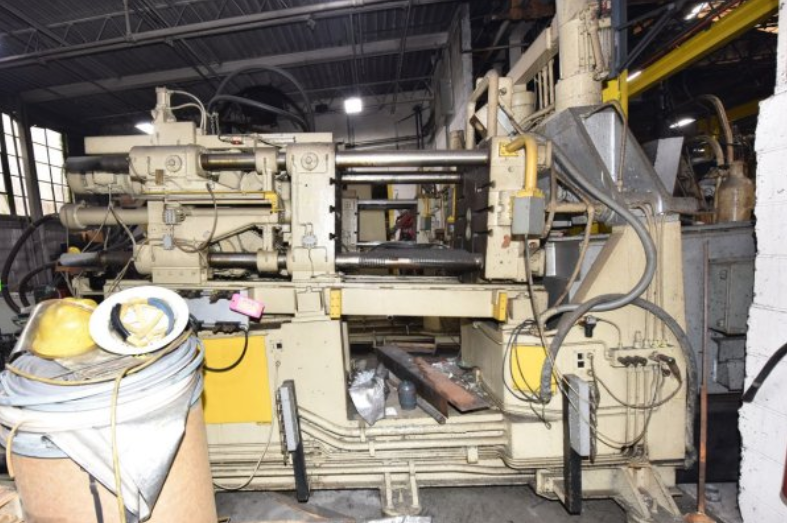When it comes to choosing the right material for your needs, it’s essential to consider factors such as durability, heat conductivity, versatility, and cost. Two popular options that often come up in this conversation are cast aluminum and cast iron. Both materials have their unique qualities and advantages, and the decision ultimately depends on what you prioritize most in your specific use case. In this article, we will compare cast aluminum and cast iron in different aspects to help you make an informed decision.
Durability:
Cast iron is renowned for its exceptional durability, making it a popular choice for heavy-duty applications. It is highly resistant to scratches, chips, and dents, making it ideal for cookware, engine blocks, and other industrial uses. On the other hand, cast aluminum is also quite durable but is generally less robust than cast iron. While it may not be as resistant to impact and heavy loads, cast aluminum still offers satisfactory durability for most everyday applications.
Heat Conductivity:
One significant advantage of cast aluminum over cast iron is its superior heat conductivity. Aluminum is an excellent heat conductor, meaning it heats up quickly and distributes heat evenly across the surface. This property makes cast aluminum perfect for cookware, as it allows for precise temperature control and even cooking. Cast iron, on the other hand, takes longer to heat up but retains heat for longer periods, making it ideal for slow-cooking or searing meat.
Versatility:
When it comes to versatility, both cast aluminum and cast iron have their own strengths. Cast iron is incredibly versatile, as it can withstand high heat, making it suitable for use in ovens, grills, and on stovetops. It also retains heat well, making it an excellent choice for serving dishes that need to stay warm for more extended periods. Cast aluminum, on the other hand, is lightweight and has a higher rust resistance than cast iron, making it ideal for outdoor applications, such as patio furniture or garden decor.
Cost:
Cost is often a significant factor when making any purchasing decision. Generally, cast aluminum tends to be more affordable than cast iron. Aluminum is a widely available material, and the casting process is less complex, resulting in lower production costs. Cast iron, on the other hand, requires more labor-intensive manufacturing processes and is generally more expensive. However, it’s essential to consider the specific product and quality when comparing prices, as there can be variations within each material category.
Maintenance:
Maintenance requirements can also influence your decision between cast aluminum and cast iron. Cast iron requires regular seasoning to maintain its non-stick properties and prevent rusting. Additionally, it should be hand-washed and thoroughly dried to avoid moisture-related damage. Cast aluminum, on the other hand, is generally easier to clean and maintain. It doesn’t require seasoning and can often be cleaned in a dishwasher. However, it’s important to note that harsh detergents or abrasive scrubbers should be avoided to prevent scratching the surface.
Both cast aluminum and cast iron have their own unique qualities that make them suitable for various applications. Cast iron offers exceptional durability and heat retention, making it perfect for heavy-duty and slow-cooking needs. On the other hand, cast aluminum provides superior heat conductivity, versatility, and lower cost, making it a great choice for everyday use and outdoor applications. Ultimately, the choice between these materials depends on your specific needs and priorities.
-

- Magnesium foundry parts Steering column
-

- ชิ้นส่วนและส่วนประกอบหล่อขึ้นรูป OEM
-

- CNC machined parts Steering bracket
-

- Magnesium thixomolding parts laptop housing cover B
-

- Thixomolding parts & components mobile phone middle board processed
-

- Magnesium alloy foundry parts bicycle wheel with CNC machining & surface finishing

 0086-750-5616188
0086-750-5616188 +86 13392089688
+86 13392089688 sales@zhongmei-tech.com
sales@zhongmei-tech.com








